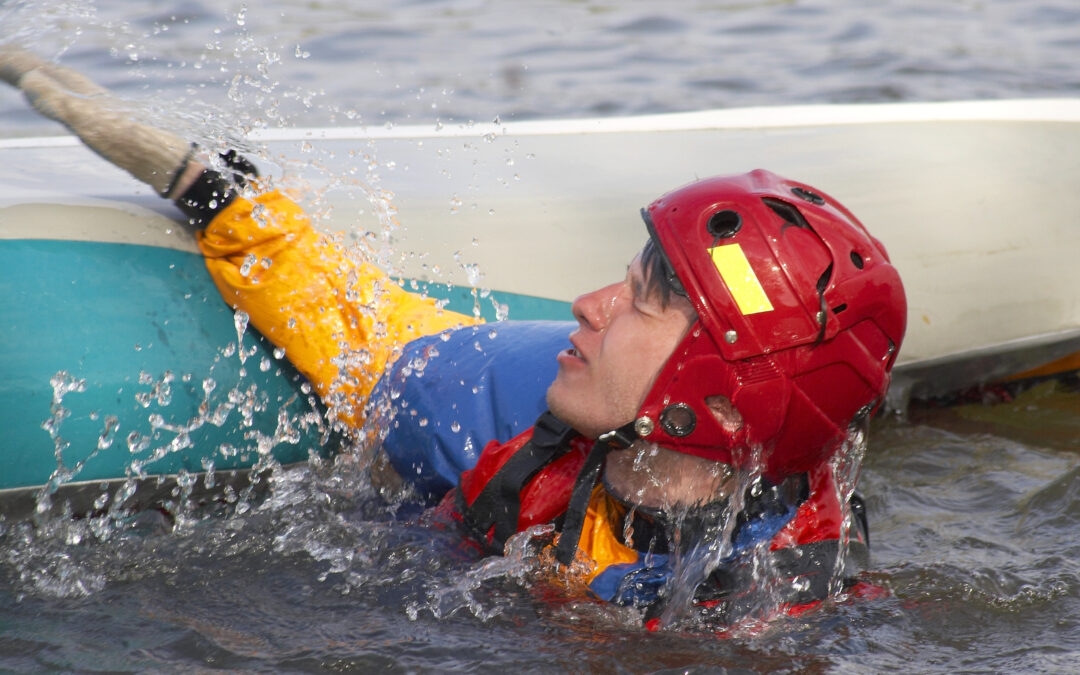Although there are legal similarities between boat accidents and car accidents in the context of negligence and liability, there are some important distinctions that may affect the outcome of claims.
The legal questions that must be answered to assign fault in a car accident are typically straightforward. Under Texas state traffic laws, there’s often one driver who is primarily responsible for a crash due to their violation of motor vehicle laws.
The laws governing the operation of boats can be a bit more complicated depending on the boat accident scenario. The rules and regulations that apply may vary depending on the body of water, the type of vessel, and the circumstances in which the boat accident occurred. Texas state law, federal maritime law and U.S. Coast Guard regulations may alter the legality of a boat operator’s actions and the assignment of liability.
Negligence Standards in Boat Accidents and Car Crashes
The process of proving negligence is similar in car and boat crashes. Although the laws or regulations that are violated in a boat crash may vary depending on jurisdiction, the fundamental task of assigning fault is similar.
For example, both driving under the influence (DUI) and boating while intoxicated (BWI) are illegal and treated similarly. A person who causes a crash while driving drunk or boating drunk will face harsh penalties and will likely be held liable for injuries that occur due to their actions.
Boat accident investigations and car accident investigations are not always equally straightforward.
There can be situations in which evidence is thin or difficult to gather after a car crash. Car crashes can happen late at night or in areas where there were no witnesses or video of the accident. One or both drivers may fail to thoroughly document the vehicle damage or scene. However, in most scenarios, it is possible to establish who was at fault after a car crash.
Proving fault isn’t always as easy after a boat accident. There isn’t always a wealth of evidence available. Accident investigators can’t examine skid marks in the water, and there’s often no video footage from nearby security cameras or dash cams.
Every accident is unique, and the ease with which negligence can be determined will vary depending on the evidence available and the testimony of the people involved.
Who Handles the Investigation
In Texas auto accidents, local or state police agencies will handle the accident investigation. The agency responsible for investigating boat accidents will depend on where the accident occurred. Accidents in the Gulf, large lakes or rivers fall under maritime law.
The Texas Parks and Wildlife Department (TPWD) or local law enforcement will typically investigate accidents in non-navigable waters like ponds or private lakes while the U.S. Coast Guard or the TPWD will investigate accidents on navigable waters like the Gulf, Galveston Bay or Trinity Bay.
If the accident involved commercial vessels, or occurred in waters used for interstate commerce, federal maritime law will usually apply and the accident will be investigated by the U.S. Coast Guard. These cases will often go to federal court rather than a Texas court.
Licensing Requirements
In Texas, boat operators born before September 1993 are not required to complete a boat safety course or hold a certification, and boat insurance isn’t required by law (although it may be required by boat financing lenders or the operators of marinas or docks). Car drivers in Texas are required by law to be licensed and insured, regardless of their date of birth.
Whether the car or boat operator has liability insurance can have profound implications for individuals injured in accidents. In a car accident, injured parties are much more likely to be compensated through the at-fault driver’s liability coverage. If an at-fault boat operator isn’t insured and doesn’t have alternative liability coverage, people injured by their actions may find it more difficult to receive compensation.
Liability for Accidents
In a car accident, the driver is typically liable for injuries they cause. Liability in boat accidents can be more complex. The owner of the boat may be found liable in addition to the operator, even if the owner is a rental company. Other third parties may also be found liable in a boat accident, depending on the circumstances and causes of the accident.
Hazards and Responsibilities
Determining fault in car accidents is often more straightforward thanks to rigid traffic laws and various types of signage and signals. Posted speed limits, warning signs and traffic lights establish well-defined responsibilities for vehicle operators.
There are fewer well-defined rules in boating, especially in open water where there are no signs. Weather, water conditions and other vessels can lead to potentially hazardous scenarios where fault can be harder to determine.
Representing People in Houston Injured in Car Crashes and Boat Accidents
Our experienced personal injury attorneys at the Weycer Law Firm have represented many people injured in both car accidents and boat accidents. We understand the intricacies of maritime law, boating regulations and traffic laws, and have effective investigatory tools and methods to build strong cases on behalf of injured people in Houston. Call us at (713) 668-4545 for a free case evaluation and learn how we can help you pursue compensation.

